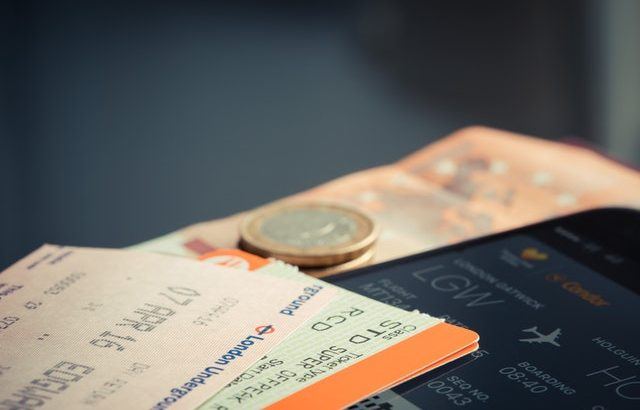
Rail fares to increase from January 2018 by around 3.6%. The government uses July’s Retail Prices Index (RPI) measure to determine the increase in the price of these regulated fares. It is expected that any increase in fares will be published by individual train companies in November/December 2017. In addition to this, unregulated fares will be set in December 2017. Although train companies do not have to implement these price increases, it is unlikely that they won’t.
Around 40-45% of rail fares are ‘regulated’, which includes season tickets on most commuter journeys, some off-peak return tickets on long distance journeys and anytime tickets around major cities. ‘Unregulated’ fares include; first class tickets, all advance tickets and some off-peak fares. Train operators can determine any fare increases on these ‘unregulated’ tickets.
According to the Rail Delivery Group, for every £1 spent on train tickets:
• 25p goes towards staffing;
• 26p goes towards investment in the network;
• 22p to maintain the track and trains;
• 11p contributes to leasing the trains;
• 9p for interest payments and other costs;
• 4p for the fuel to run the trains;
• Just 3p contributes towards the profit of the train companies.
Campaign for Better Transport is calling for a fare freeze and for the government to rethink how it calculates price changes on the railways. However, since 2007 it has been the government policy for passengers to pay more of the overall cost of running the country’s rail network. Passengers contribute around £9.3 billion and the government around £4 billion. Other campaigners suggest that the public are getting less for their money with a decrease in reliability and service standards throughout the network.
It can be frustrating with costs continually increasing so we have some top tips for you on how to try to save on the cost of train travel:
• Plan in advance! The cheapest train tickets are usually booked 12 weeks in advance, so try to plan and organise your trip early. Alternatively some train companies let you book cheap fares on the day if tickets haven’t sold out, however, this can’t be relied on!
• Look out for special offers. Most (if not all) train companies often have special offers and competitions running including two for one tickets on attractions in various parts of the country when travelling by train.
• Splitting tickets can be an effective way to save money, it works by booking separate tickets for one journey.  We recommend you check the terms and conditions but visit the Split Ticketing website to see if you can save some money and for the process explained in more detail.
• Could you be eligible for a rail card? It’s always worth checking as you can save up to a third on train travel. There are several rail card options, including; 16-25, two together, friends and family, disabled persons and senior rail card. Head over to the Railcard website for all the information you will need and how to purchase.
• Be flexible! If you can, try searching for travel on different days and times. There may be cheaper options available. Also, avoiding peak hours could help you save too.
• Avoid Fridays and Sundays. Weekends can drive ticket prices up, if possible, avoid travelling on these two days.
• Book single tickets. Sometimes, booking two single tickets rather than one return can be cheaper. It’s always worth checking out!
• Avoid booking fees. Some websites charge booking fees as well as credit/debit card fees. Try the Virgin East Coast website to avoid these unnecessary costs.
Please contact us if you have any more tips on how you can save on train travel!